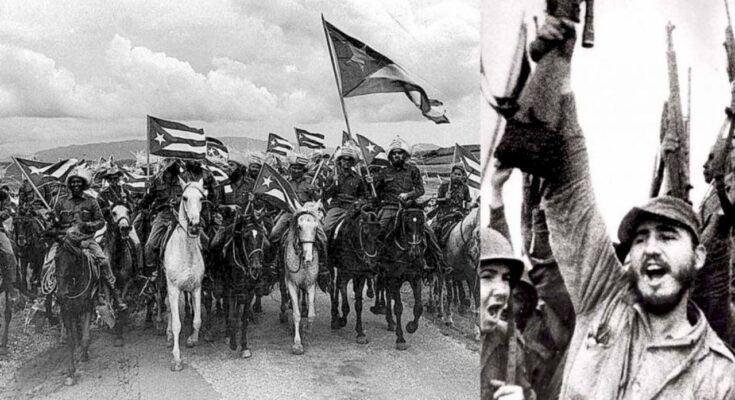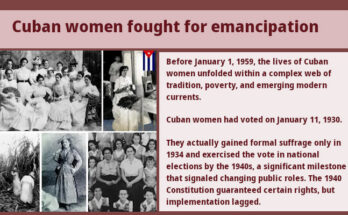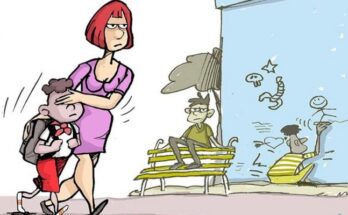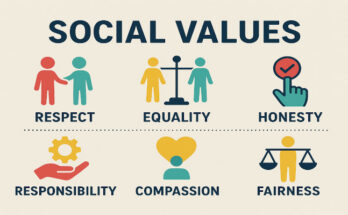The concept of dignity is broad: decency, decorum, and prestige are some of its synonyms. But its meaning cannot be reduced to these words alone, as it is part of life itself.
In Cuba, August 5th invites us to reflect on our dignity as a nation. It is a date to consolidate our pride in having been born on this soil and being part of the culture and values that identify us throughout the world.
Our country is often portrayed as an island with excellent beaches, beautiful landscapes, and Caribbean joy, but we are much more than that. Cuba is the man who works tirelessly for the well-being of his family, the woman who contributes with her hands to society, the student who prepares for the future, the child who dreams of a happier world. Cuba is history and tradition, diversity, and culture.
We are also the legacy of the heroes of the Homeland; of Fidel’s humanism and the accurate pen of Martí. We are October 10, 1868, the Cry of Baire, the Invasion of the West, El Moncada; we are January 1, 1959.
Cuba is a barracks converted into a school; it is the family doctor; it is free university; it is the right to life. Cuba is a hymn to freedom and justice; it is the conviction of a future built on sacrifice, for the benefit of new generations.
Music, dance, and Creole food also represent us, not as a marketing strategy, but as a display of identity, of what we have inherited through centuries of history. Art serves to unite us, to identify us as Cubans in any corner of the world, and to proudly pronounce the word “Cuba.”
That is the national dignity we celebrate every August 5; that is our patriotism. In honor of our symbols, our roots, and the history of the nation, Cuba rises with greatness on this and every date.




